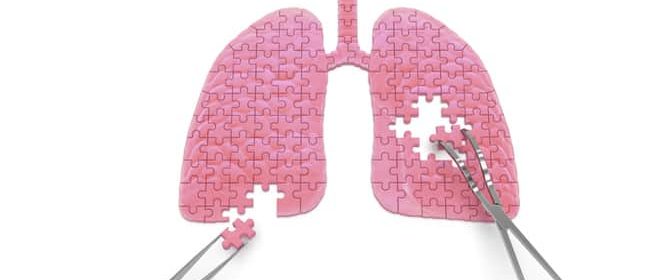Describing acute respiratory distress syndrome patterns, therapeutics management, and outcomes of ICU COVID-19 patients and to determine risk factors of 28-day mortality.
Prospective multicentre, cohort study conducted in 29 French ICUs. Baseline characteristics, comorbidities, adjunctive therapies, ventilatory support at ICU admission and survival data were collected.
From March to July 2020, 966 patients were enrolled with a median age of 66 (interquartile range 58-73) years and a median SAPS II of 37 (29-48). On the first 24 hours of ICU admission, COVID-19 patients received one of the following respiratory supports: mechanical ventilation for 559 (58%), standard oxygen therapy for 228 (24%) and high-flow nasal cannula (HFNC) for 179 (19%) patients. Overall, 721 (75%) patients were mechanically ventilated during their ICU stay. Prone positioning and neuromuscular blocking agents were used in 494 (51%) and 460 (48%) patients, respectively. Bacterial co-infections and ventilator-associated pneumonia were diagnosed in 79 (3%) and 411 (43%) patients, respectively. The overall 28-day mortality was 18%. Age, pre-existing comorbidities, severity of respiratory failure and the absence of antiviral therapy on admission were identified as independent predictors of 28-day outcome.
Severity of hypoxaemia on admission, older age (> 70 years), cardiovascular and renal comorbidities were associated with worse outcome in COVID-19 patients. Antiviral treatment on admission was identified as a protective factor for 28-day mortality. Characterising the determinants of outcomes of critically ill COVID-19 patients is crucial to optimise hospital and ICU resources and to provide the appropriate intensity level of care.
Copyright © 2021. Published by Elsevier Masson SAS.
French Multicentre Observational Study on SARS-CoV-2 infections Intensive care initial management: the FRENCH CORONA Study.


